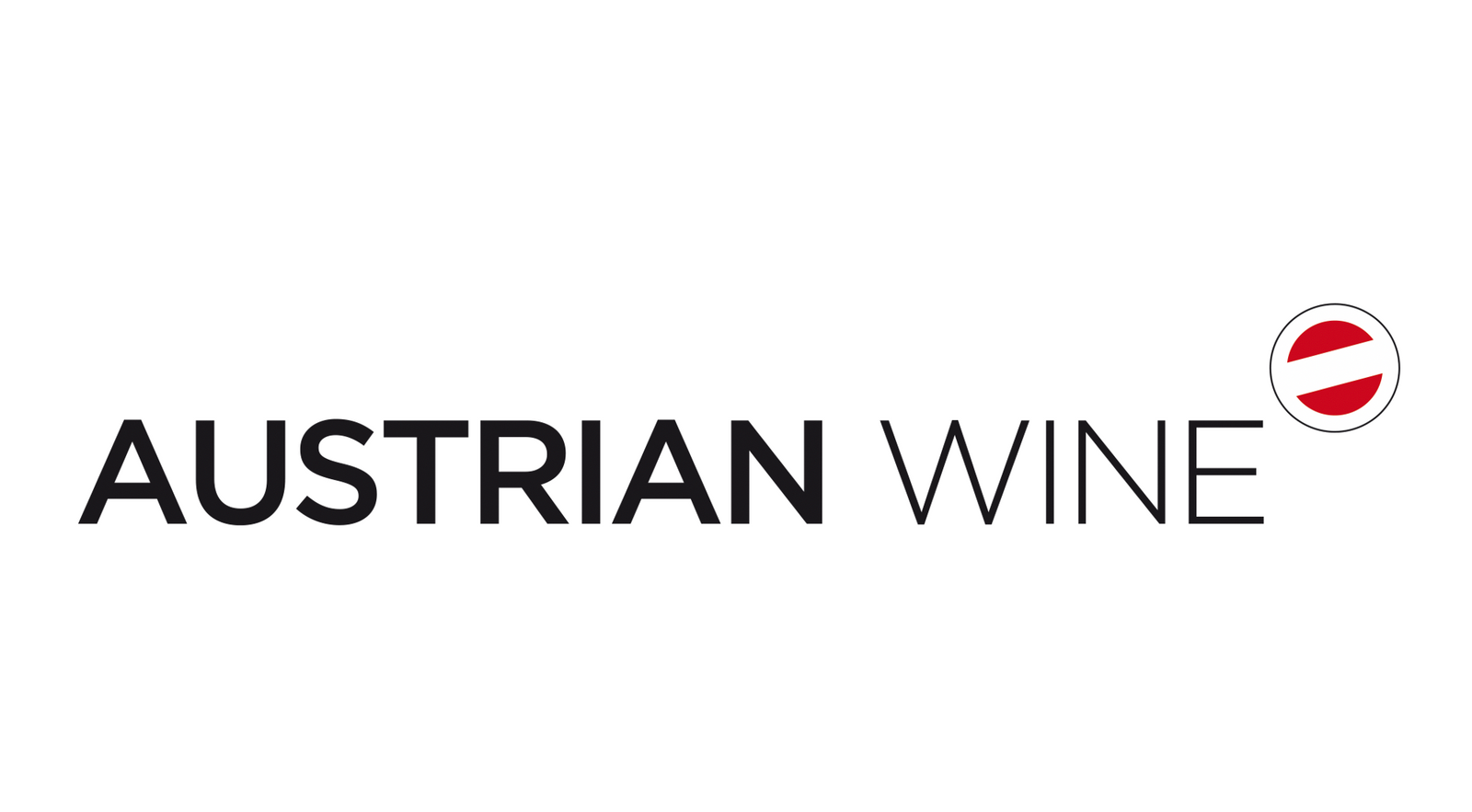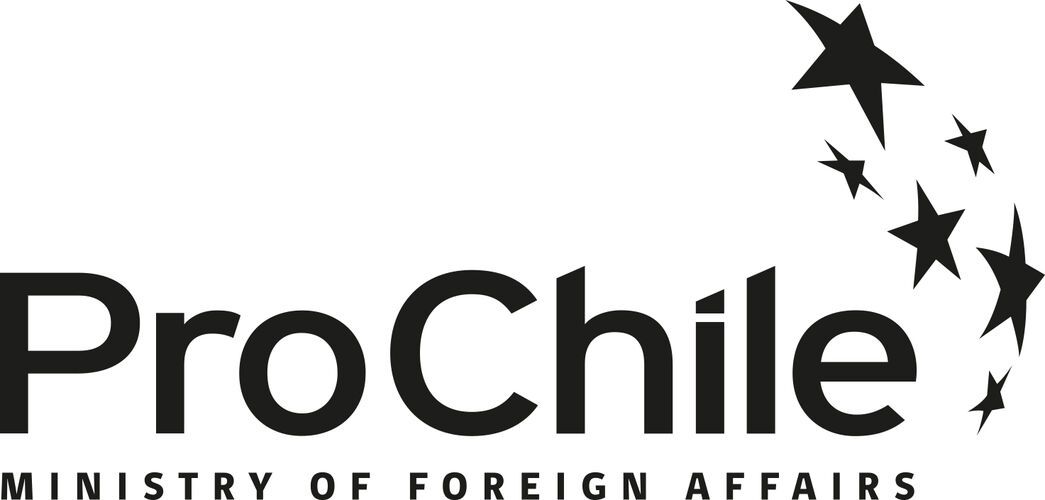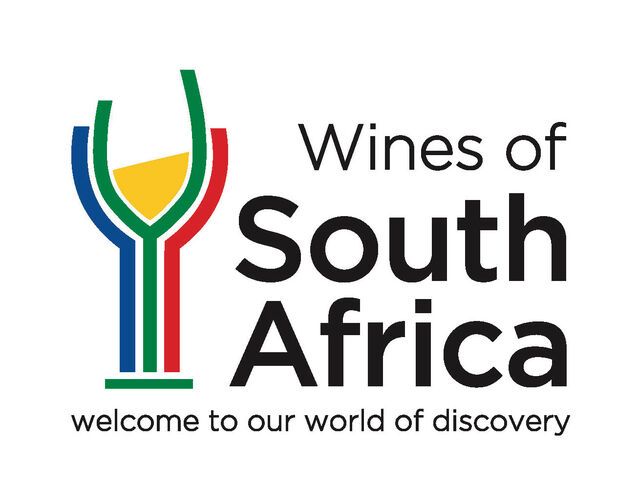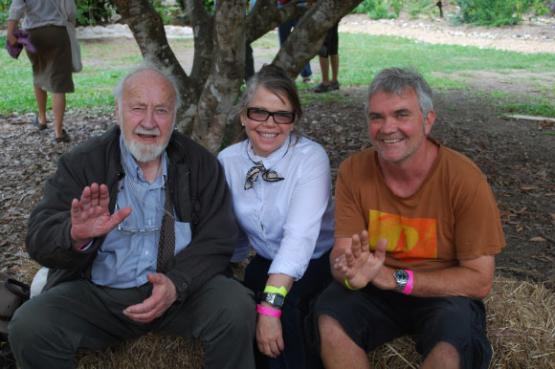How Plants Grow and Move – Is this Behavior?
3 min read
with
Professor Elizabeth Van Volkenburgh Professor of Biology, University of Washington & President of the Society for Plant Neurobiology/Plant Signaling and Behavior
Professor Dr. Paco Calvo Professor of Philosophy of Science, and Principal Investigator of Minimal Intelligence Lab, University of Murcia (Spain)
Description
The question of whether plants are intelligent, or cognitive has drawn increasing attention over the past decade. Most scientific studies of plant function, from the molecular and genetic levels to physiology and ecological interactions have not been able to address these questions, in part because methodologies appropriate for plant behavior have not been utilized. Much is known about how plants grow, reproduce, and adapt. What is needed is a broader approach for ascertaining plant abilities.
Liz Van Volkenburgh starts this discussion with a brief presentation of how plants grow, and move. This includes three significantly ‘planty’ features: cell structure, electrical signaling, and responses to the environment.
Paco Calvo introduces the philosophical perspective of plant behavior, then begins a conversation with Liz to explore the ways these two approaches to what we know about plants can be harnessed to discover whether and how plants are cognitive.
This dialogue will introduce the listeners to the following talk by Paco Calvo about intentional movements observed in bean tendrils, demonstrating the value of contextualizing physiological findings in a philosophical framework.
Professor Elizabeth Van Volkenburgh
Professor of Biology, University of Washington & President of the Society for Plant Neurobiology/Plant Signaling and Behavior
Elizabeth (Liz) Van Volkenburgh is a Professor of Biology at the University of Washington in Seattle, WA. Her research centers on how plants grow, especially leaves. She teaches courses in Plant Physiology, and the Physiological Basis of Plant Behavior. Liz received her B.S. in Botany from Duke University, and her Ph.D. in Plant Physiology from the University of Washington. After postdoctoral work at the University of Illinois, and the University of Lancaster (UK), she accepted a position at the University of Washington and developed her Plant Growth Lab. Students in this lab have worked on leaf growth in beans, poplar, Arabidopsis, tomato, corn, and sunflower. Research has ranged from the molecular basis for light-induced leaf cell expansion, to the adaptive value of leaf teeth, and most recently the mechanisms underlying drought tolerance in beans. This work has involved international colleagues, via sabbatical and research visits at the University of Groningen (Netherlands), Palacky University (Czech Republic), and the International Center for Tropical Agriculture (Colombia). Throughout her work, Liz has been fascinated by what plants do, and how they do it, thus plant behavior. She is a founding member and President of the Society for Plant Neurobiology/Plant Signaling and Behavior.

Professor Dr. Paco Calvo
Professor of Philosophy of Science, and Principal Investigator of Minimal Intelligence Lab, University of Murcia (Spain)
Paco Calvo (PhD, University of Glasgow, 2000) is a Professor of Philosophy of Science, and Principal Investigator of MINTLab (Minimal Intelligence Lab— http://www.um.es/web/minimal-intelligence-lab) at the University of Murcia (Spain).
His research interests range broadly within the cognitive sciences, with special emphasis on plant intelligence, ecological psychology and embodied cognitive science. He uses time-lapse photography to explore perception-action and learning in plants. His scientific articles have appeared in Annals of Botany, Biochemical and Biophysical Research Communications, Frontiers in Psychology, Journal of the Royal Society, Plant, Cell & Environment, Plant Signaling & Behavior, Scientific Reports, and Trends in Plant Science, among other journals. He is currently working on a book project, Planta Sapiens, coming out in 2022 with Norton in the US, and Little, Brown & Co., in the UK.

#rawwineALIVE
In partnership with





